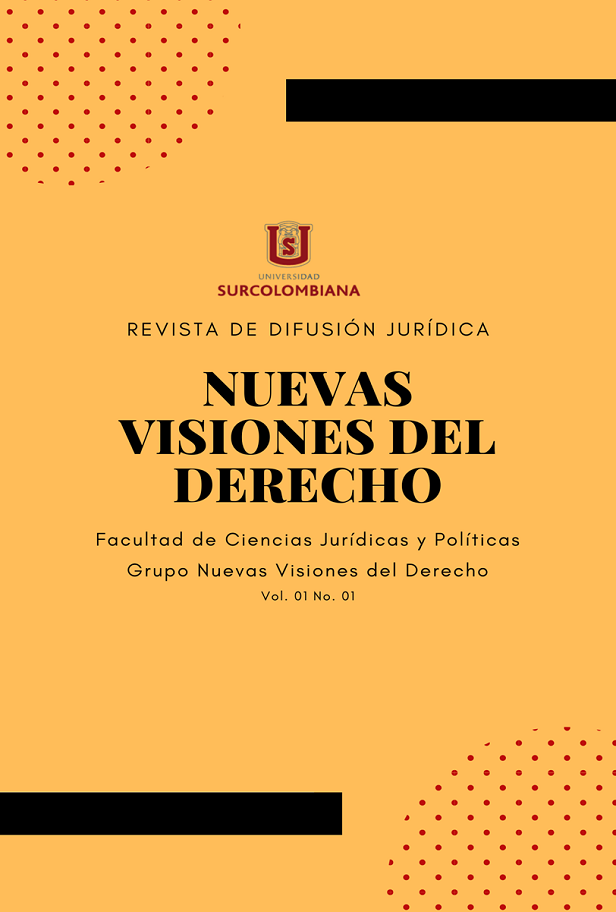Una Visión General de la Objeción de Conciencia
##plugins.themes.bootstrap3.article.main##
In social practice, it is usual that the rules of law be in conflict with individual convictions, generating friction between the general interest (principle of legality and legal certainty) and freedom of conscience or of thought (fundamental right). At this stage, we are in the presence of the so-called "conscientious objection", requiring specify if one person can skip the line of duty or obligation under a legal provision, arguing reasonably that this contradicts their life project or philosophical religious or political beliefs. That question has generated controversy, to which even the mythology has been indifferent (vs Antigone Creon), and now extend rapidly to nerve and sensitive issues arising from the conflicts that arise in society (homosexual unions, euthanasia, abortion, death penalty).
In order to tackle this fascinating subject, conducted a qualitative research, documentary type, applying the methodological technical review of doctrine, and then analyze and synthesize different authors, one can infer that the "conscientious objection" is a recognized institution in democratic regimes (directly in legislation or through judicial decisions), which extends every day, considering that the law and justice beyond the framework of the law, and are inspired principles and values embedded in society.



